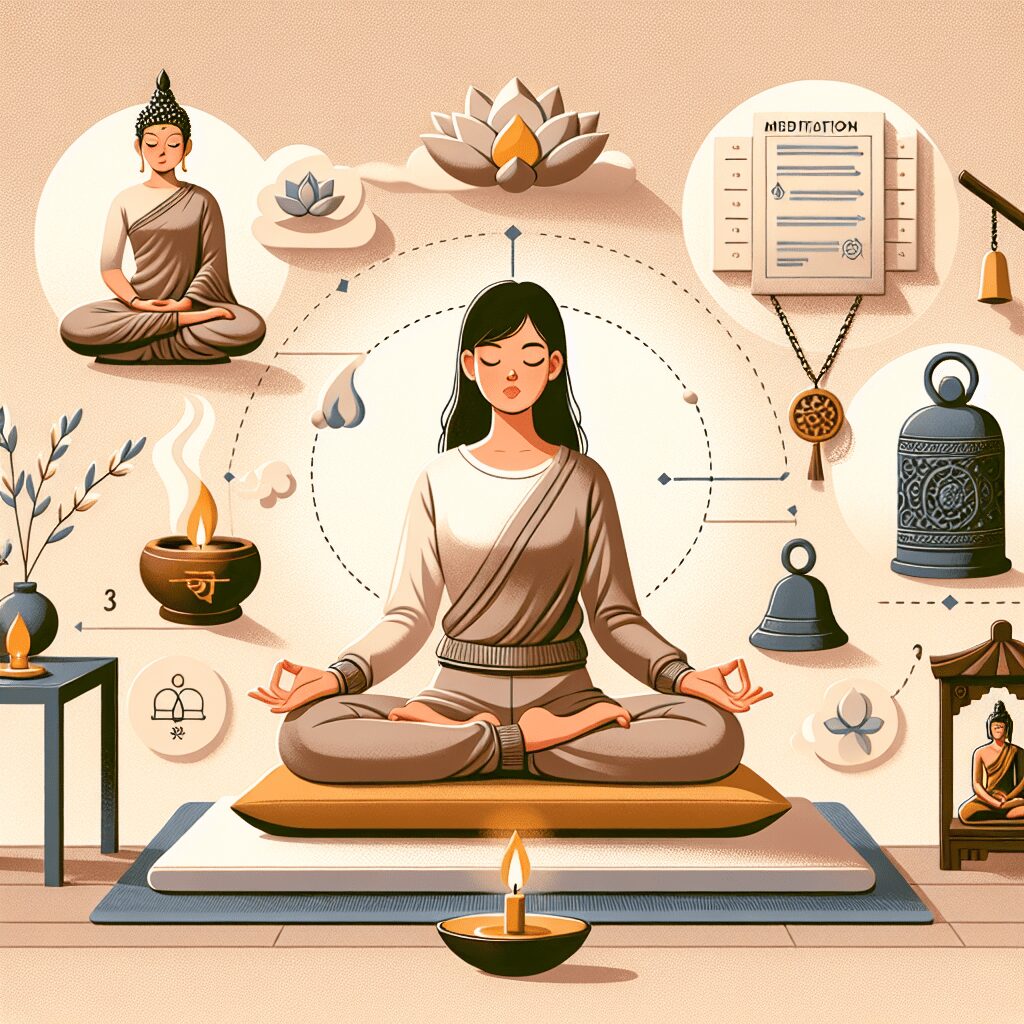
Prioritize your mental well-being daily. Enhance your life by nurturing your mental health with the Smart Meditation app. Break free from stress, alleviate anxiety, and enhance your sleep quality starting today.
What Medication Is Good To Reduce Stress?
Unraveling the Web of Stress Management Medicine
In the hustle and bustle of the 21st century, where the hustle never seems to halt, stress has become as common as the cold. No wonder people are constantly on the lookout for a magic pill to soothe their frazzled nerves. However, navigating the world of medication that promises to dial down stress can feel a bit like wading through murky waters. Fear not! Let’s embark on a journey to demystify the options available and discover the most effective medications to reduce stress, seasoned with a dash of practical wisdom.
The Pharmaceutical Route: Anti-Anxiety Meds and Beyond
When over-the-counter remedies and lifestyle changes fall short, some turn their gaze toward prescription medications. These aren’t to be taken lightly, mind you, but under the right circumstances, they can indeed be game-changers.
SSRIs and SNRIs – The Dynamic Duo
Selective Serotonin Reuptake Inhibitors (SSRIs) and Serotonin and Norepinephrine Reuptake Inhibitors (SNRIs) are often heralded as frontline warriors against severe stress and its frequent companion, depression. Medications like Sertraline (Zoloft) and Venlafaxine (Effexor) work by adjusting the levels of neurotransmitters in your brain, helping to improve mood and reduce anxiety.
Benzodiazepines – Handle with Care
Benzos, such as Alprazolam (Xanax) and Lorazepam (Ativan), are like that fast-acting, mighty relief for when stress hits like a ton of bricks. However, they’re a double-edged sword – highly effective but with a propensity for dependence and withdrawal issues. Thus, they’re typically reserved for short-term use or specific anxiety-inducing situations.
Beta-Blockers – The Undercover Agents
Initially developed for heart conditions, Beta-blockers like Propranolol have found a niche in managing physical symptoms of anxiety and stress, such as palpitations and tremors. They won’t tackle the root of anxiety but are fantastic at helping you seem cool as a cucumber during that nerve-wracking presentation.
Lifestyle Tweaks and Herbal Helpers
No conversation about stress reduction is complete without tipping our hats to the power of lifestyle adjustments and natural remedies. After all, popping a pill should rarely be your first line of defense.
- Mindfulness and Meditation: These aren’t just buzzwords; they’re practices that have stood the test of time. Incorporating them into your daily routine can help lower stress levels significantly.
- Exercise: Regular physical activity is a proven stress buster. Whether it’s a brisk walk, yoga, or hitting the gym, find an activity that gets your heart pumping.
- Herbal Supplements: While not as potent as prescription meds, herbs like Ashwagandha, Lavender, and Valerian Root have been linked to reduced stress and anxiety. However, always chat with your doc before going down this route, especially if you’re on other medications.
In Summary
So, what’s the best medication to reduce stress? Well, it’s not a one-size-fits-all answer. The philosophy should be tailored to individual needs, taking into account the severity of the stress, potential side effects, and lifestyle factors. Always consult with a healthcare professional before embarking on any treatment plan, be it pharmaceutical or natural.
In the quest for stress reduction, let’s not forget the adage “prevention is better than cure.” By fostering a balanced lifestyle, nurturing positive relationships, and practicing mindfulness, you might find the reliance on medication to manage stress diminishes. After all, in the grand tapestry of life, maintaining harmony between mind, body, and spirit is the ultimate stress buster.





